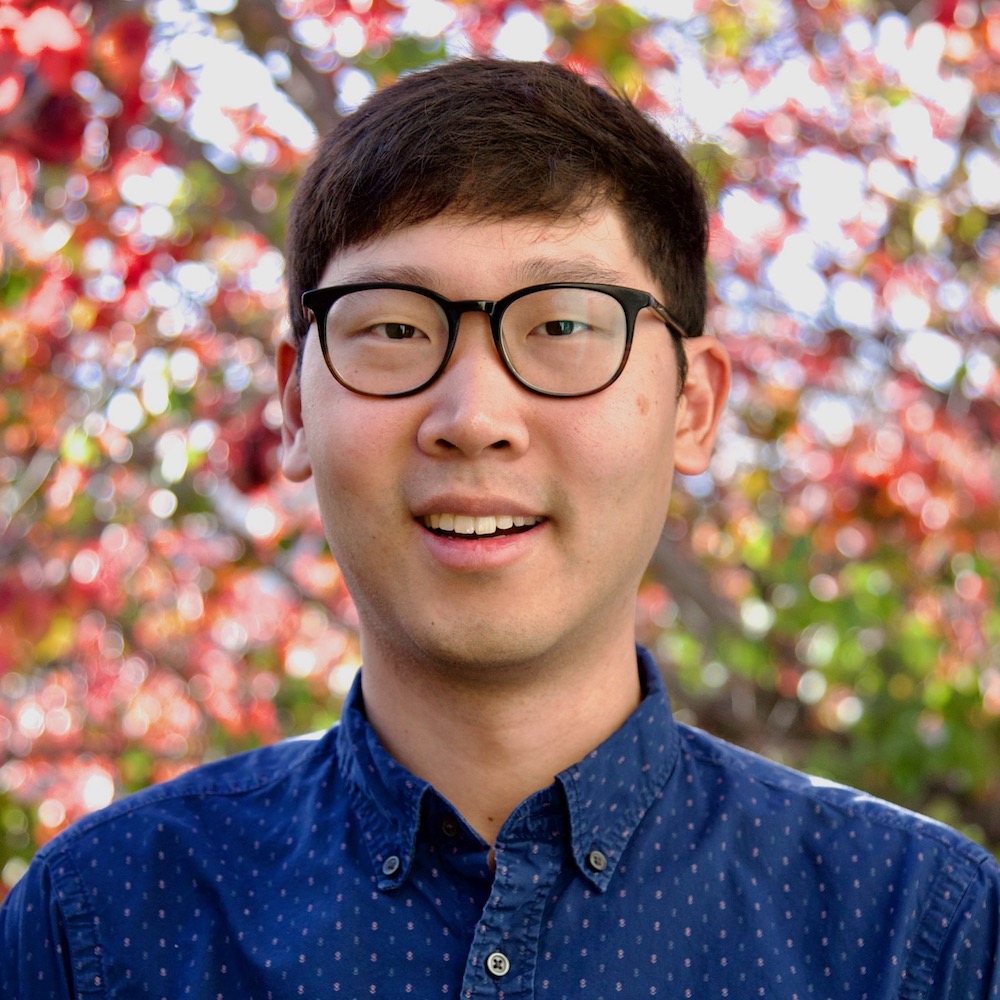About
I am currently an Assistant Professor
in the Department of Electrical and Computer Engineering
at the University of Delaware.
Previously, I was an NSF Postdoctoral Research Fellow
in the Department of Statistics and Data Science
at the University of Pennsylvania.
I completed my PhD
in the Department of Electrical Engineering and Computer Science
at the University of Michigan,
where I was an NSF Graduate Research Fellow.
I also spent a summer as a Data Science Graduate Intern
at Sandia National Labs.
My current research interests include:
- Low-rank matrix and tensor estimation
- Heterogeneous, messy, and mis_ing data
- Large-dimensional and multivariate statistics
- Random matrix theory
- Statistical machine learning
- Imaging and inverse problems
Education
-
Ph.D. in Electrical Engineering: Systems,
University of Michigan,
2019.
-
M.S. in Electrical Engineering: Systems,
University of Michigan,
2015.
-
B.S. in Electrical and Computer Engineering, Mathematics,
Duke University,
2013.
